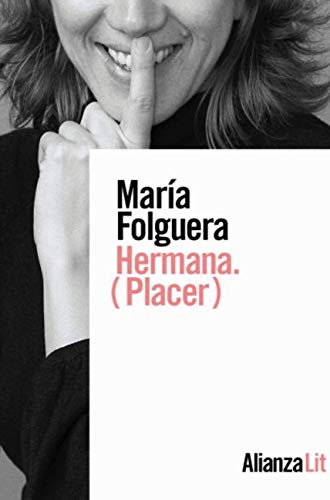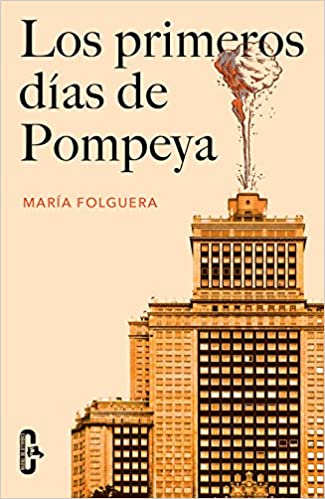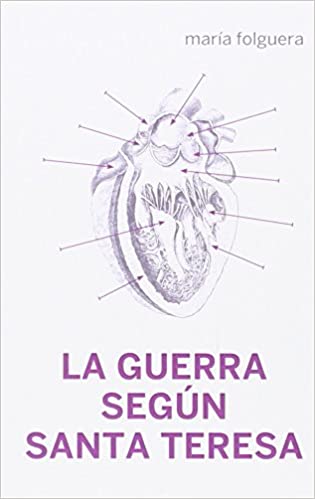There are creators who embrace and squeeze. Maria Folguera She is a writer in the broadest sense of the word. She novels, essays and plays. The point is to write as someone who gives life to necessary characters who push to get out of that intimate scenario of every narrator's imagination. Only in the case of María, that imagination is populated by many more characters waiting impatiently in line for the next stories to tell.
So, taking off in the matter of narrating in our twenties, and without seeming that faintness or discouragement appears as a creative horizon, we find a writer we can trust to seek that catharsis that can occur in every reader. Especially when you discover that opportune book. Because writing good books is drawing on that empathy that is valid for everyone at any time or for anyone at all times.
The trick lies in the characters, in those protagonists within whom we can inhabit in an absolutely mimetic way. And when a writer has that imprint that bursts in so soon, it is because she has the gift to make us live in those others that inhabit her plots.
Top 3 recommended books by María Folguera
Sister. (Pleasure)
This is the story of a ten-year friendship, from twenty-six to thirty-six, but it could be the fable of the rhizome and the butterfly: the protagonist sinks into the roots (she lives in the family home, has a daughter, writes ), while her friend is an actress, singer, whirlwind photocall and plans to leave for the umpteenth time, flee from Madrid, to Texas perhaps. It is also the story of an endeavor: the narrator writes the Writers' Good Times Encyclopedia, a work that will speak of pleasure. The martyrology is over, the dramas are over and the sacrifice is the only version available.
Sister. (Pleasure) It is based on real events, but fictionalized and fantasized. The author investigates what some writers she admires were silent: Elena Fortún, Rosa Chacel, Matilde Ras, Carmen Laforet, María Lejárraga, or Teresa de Jesús. Her texts, written from repression, ambiguity, the smallest enjoyment or doubt, helped her in that spring of 2020, when their friendship was seen in the light of an unexpected break.
The early days of Pompeii
In the Madrid of the hardest years of the crisis, capital of financial lava and ash, two women denounce moral bankruptcy with a high-risk performance that will endanger the financial plans of the president of the Community.
María Folguera draws on The early days of Pompeii a sort of historical passageway between two myths: Pompeii that buried Vesuvius and Madrid that could bury EuroVegas. If the Roman city suffered a volcano, Madrid suffered its President.
Actors, playwrights and street artists pass through the scene of this political uchrony; but also advisers and bullies, false terrorists and, above all, an activist woman, who may be the Sigismund of our time.
Everything is theater; everything, representation. María Folguera launches herself to talk to us about the intimate and the public, about women and their crucial decisions, precariousness and artistic endeavor; of the curtain that many times it is necessary to dare to lower.
The war according to Santa Teresa
How did Terea de Jesús manage to live so many lives, to divide, multiply and continue to provoke our concern? The original text by María Folguera, atheist and daughter of atheists, starts from the desire to understand the experience of mysticism. The saint answers him with fragments of the famous Book of life and Meditations on the Songs. But there are other guests: what did Simone de Beauvoir think of all this? How are chivalric books similar to series like The Wire or The Sopranos?



